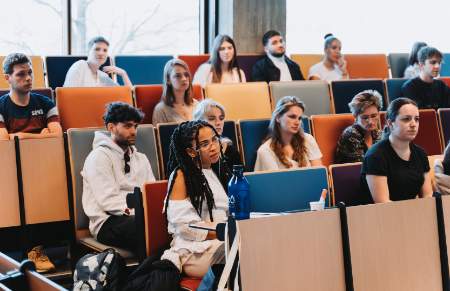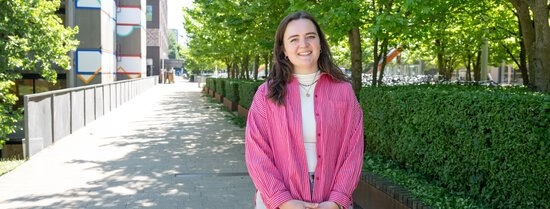Is this the programme you're looking for?
In a unique learning environment, you will examine cognitive and emotional processes in the brain.
Practical information
- Type
- Master
- Degree
- MSc
- Mode of study
- Full-time
- Instruction language
- Dutch and English
- Duration
- 1 year
- Study points (EC)
- 60
- Location
- Campus Woudestein
- Start date
- September
- Application Deadline (EEA)
- 1 June
The study programme in a nutshell
You will gain theoretical and methodological knowledge and skills to tackle questions with regard to brain functioning and cognitive emotional processes. The training includes current theories and advanced research methodology, such as behavioural tasks, eye tracking, EEG, fMRI and advanced statistics.
Watch the study programme video

Is this the right programme for you?
- You will gain theoretical and methodological knowledge and skills to tackle questions with regard to brain functioning and cognitive emotional processes;
- You will work in small groups to solve problems you can encounter in the field;
- This programme offers an excellent preparation for a career in education, business or research.
Want to know more? Meet us here

Career opportunities after graduation
Graduates of this master track have found positions in academia, both in the Netherlands and abroad. In addition, graduates work in research positions in health care, industry and in administration.


